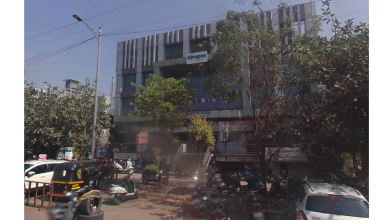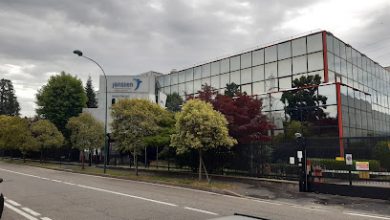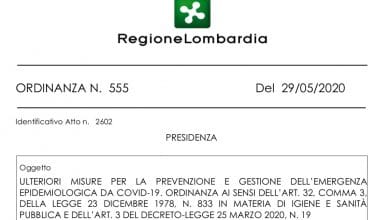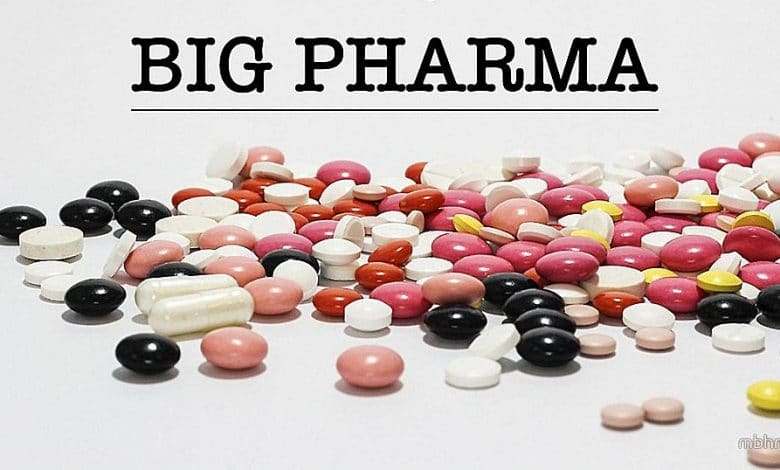
The alarm raised by the EMA, theEuropean Medicines Agency, due to the risk that some medicines may contain potentially carcinogenic substances, once again places at the center of the public debate,  the complex relationship between drug multinationals and health institutions.
the complex relationship between drug multinationals and health institutions.
Il Fatto Quotidiano – 29 September 2019
In the same hours, the news arrived that in Italy in one year, in 2018 compared to 2017, the expenditure for oncological drugs increased by 659 million: today a cycle of therapy with the new anticancer drugs can get expensive 100,000 euros. This price has no real relationship with the cost of production and research of the substances placed on the market.
These facts, which are different from each other, highlight the enormous power and freedom of action it has Big Pharma. A force that has more than once been used to bribe political figures and ministerial leaders around the world, including experts from theWorld Health Organization.
It has a certain effect to discover that the specialist, to whom you have entrusted the care of your health, has received financial compensation from one of the largest pharmaceutical companies in the world and the surprise increases when you realize that even the highly specialized hospital, where you gone, also receives funds from the same multinational. You try to console yourself by thinking that they prescribe you medicines and control tests validated by scientific bodies above all suspicion. But then you discover that to receive funding from the same company are also various medical faculties and the same scientific societies that have the task of update guidelines indicating the best therapies for each pathology; there is also the Istituto Superiore di Sanità, a scientific body of the Ministry of Health, which has the duty to control the trials in progress.
At that point you are left with very few certainties
For some months the Codacons "has decided to publish the list of Italian doctors and foundations/universities/institutes financed by the pharmaceutical company Glaxo-Smith-Kline, as well as widespread 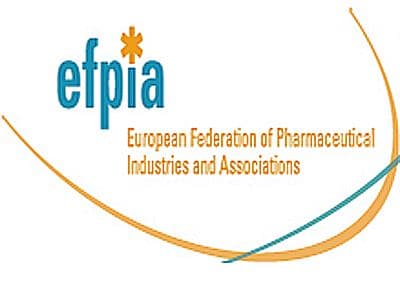 by EFPIA (European Federation of Pharmaceutical Industries and Associations)… Glaxo-Smith-Kline – writes Codacons – has made public, among other things, also the lists of Italian doctors who in 2015/2016/2017 received funding (by way of services, consultancy, various events)… the total donated by Glaxo-Smith-Kline appears growing: more than 11 million in 2015, more than 13 million in 2016, almost 15 million in 2017. Now the question is legitimate: what is this money for? Between Universities, Foundations and Hospitals, it is surprising, in particular - continues Codacons - to read the name of the Istituto Superiore di Sanità (125.660,00 in 2016, 93.940,00 euros in 2017 for "services and consultancy"): it appears at least inappropriate in fact that the technical-scientific body of the National Health Service is included in the list, and it would really be appropriate to explain the reasons for these transfers" [Radio Popolare, broadcast "37e2", the complaint of the president of Codacons, from minute 27.58].
by EFPIA (European Federation of Pharmaceutical Industries and Associations)… Glaxo-Smith-Kline – writes Codacons – has made public, among other things, also the lists of Italian doctors who in 2015/2016/2017 received funding (by way of services, consultancy, various events)… the total donated by Glaxo-Smith-Kline appears growing: more than 11 million in 2015, more than 13 million in 2016, almost 15 million in 2017. Now the question is legitimate: what is this money for? Between Universities, Foundations and Hospitals, it is surprising, in particular - continues Codacons - to read the name of the Istituto Superiore di Sanità (125.660,00 in 2016, 93.940,00 euros in 2017 for "services and consultancy"): it appears at least inappropriate in fact that the technical-scientific body of the National Health Service is included in the list, and it would really be appropriate to explain the reasons for these transfers" [Radio Popolare, broadcast "37e2", the complaint of the president of Codacons, from minute 27.58].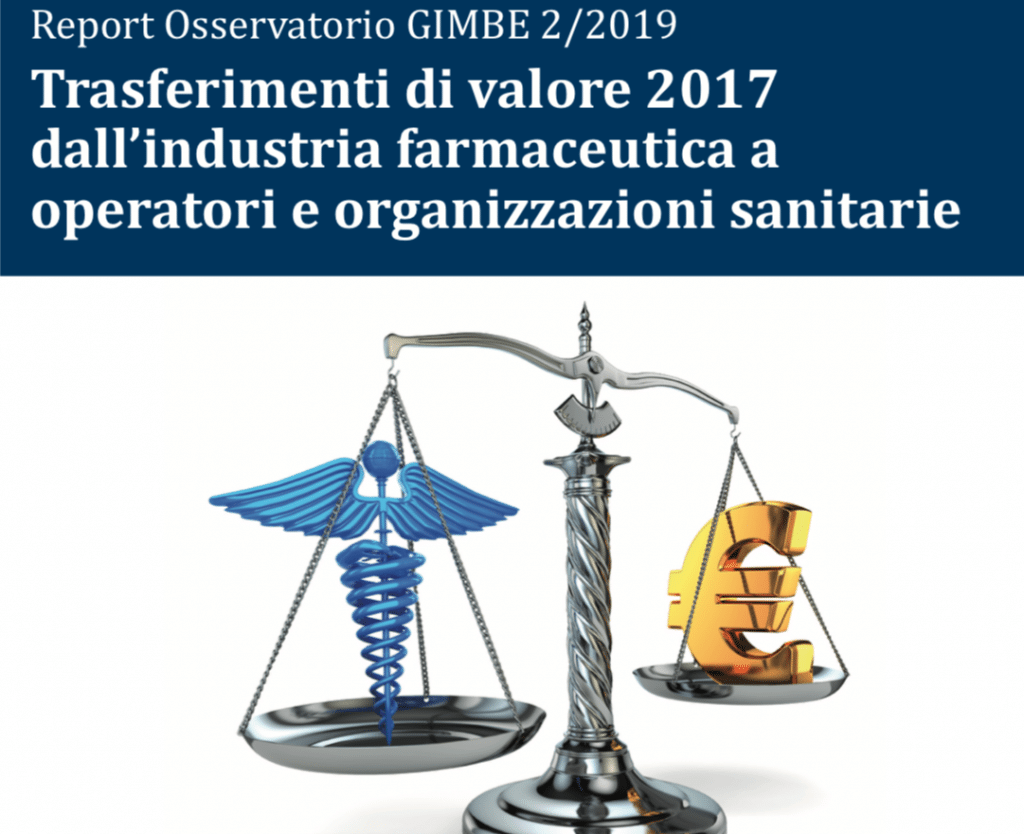
Glaxo obviously isn't the only pharmaceutical company to develop such a policy, and indeed in a subsequent installment Codacons has published the data relating to other protagonists of Big Pharma such as: Abbvie, Almirall, Merck, Msd, Hospira, Pfizer, Pfizer Italia, Pierre Fabre Pharma, Pierre Fabre Italial
The Codacons complaint was followed by research published by Gimbe Foundation in February 2019”2107 transfers of value from the pharmaceutical industry to healthcare professionals and organizations”: “The analyzes were carried out on the transfers of value of 14 pharmaceutical companies which, together, represent the 51,5% of the total sector turnover in 2017 (€10,997 / €21,337 million)" in that year "the 14 companies transferred a total €288.1 million – of which- €45.9 million (15.9%) were intended for healthcare workers, €124.8 million (43.3%) to healthcare organizations e €117.3 million (40,7%) to research and development”.
On the poster of 9 September 2018 Andrew Capocci cites a 2016 research published in BMJ Open, according to which the 65% of Italian medical associations is sponsored by pharmaceutical companies, but only the 6% of them include these funds in their annual budget.
For every human being, health is the greatest good; should be guaranteed total transparency on everything that concerns the world of medicine, no sick person, when a doctor prescribes a cure, should have the doubt that behind that tablet there may be someone's economic interest. It is urgent that, as requested by a substantial part of the scientific world, national and international institutions intervene, each in its own sphere, with measures that can protect our health from the damage caused by voracity of pharmaceutical power.
Written by Vittorio Agnoletto


